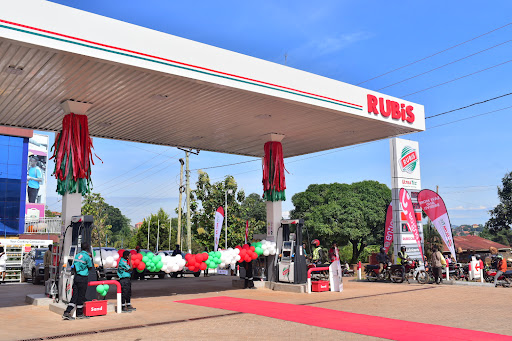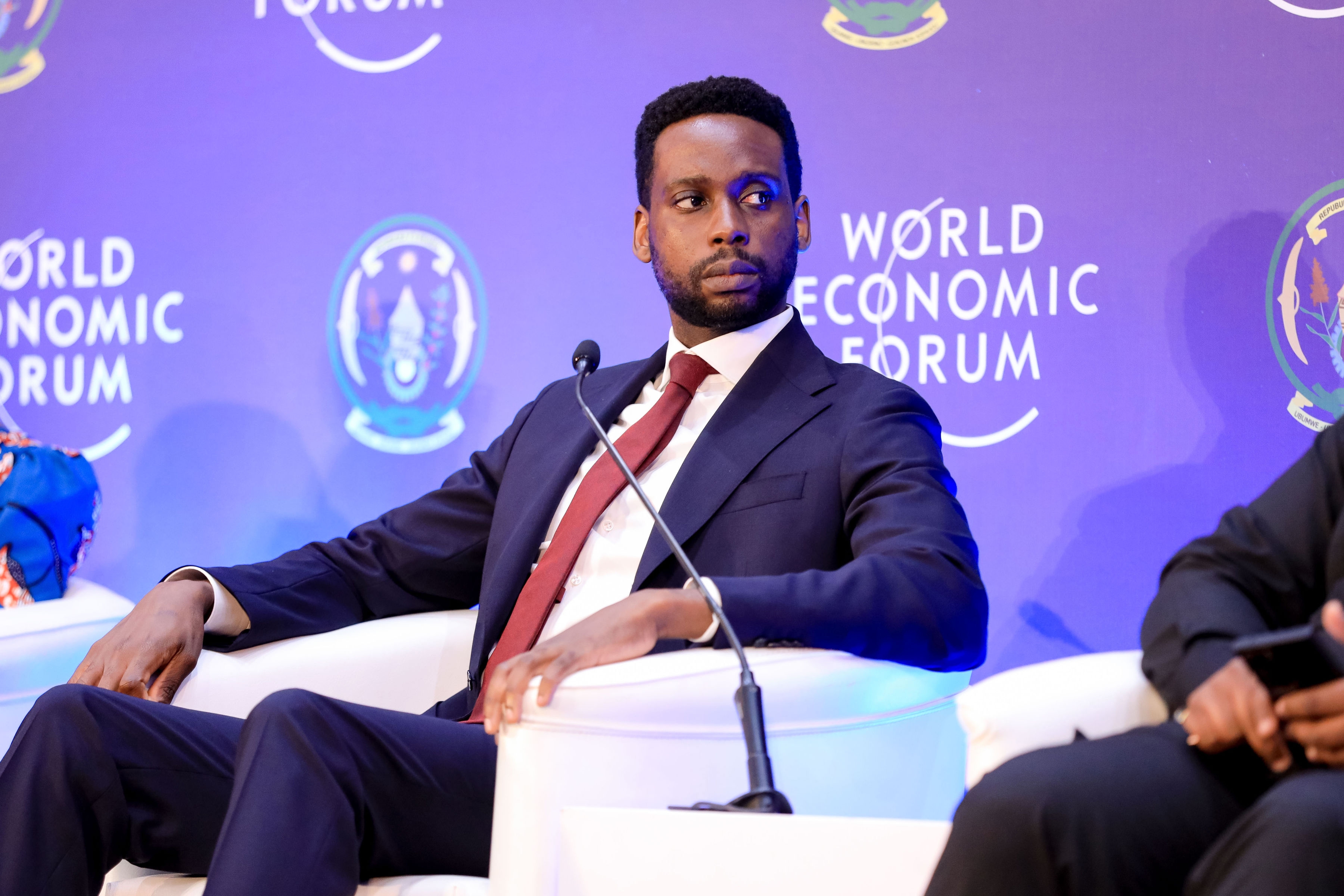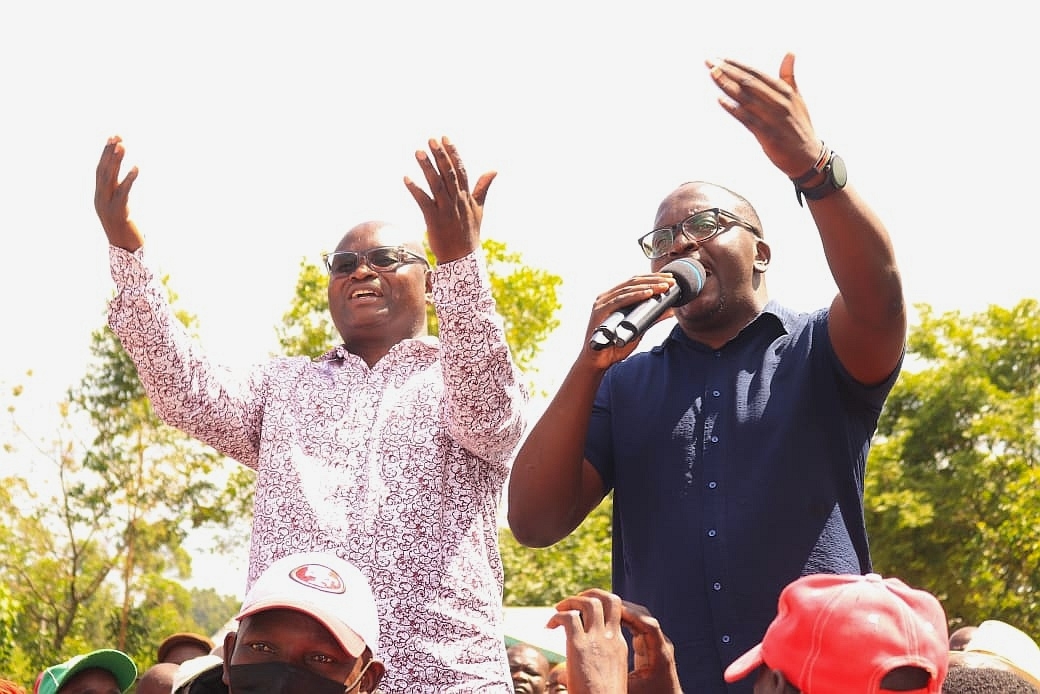
 A Rubis filling station /FILE
A Rubis filling station /FILE
A committee of the National Assembly has directed the Auditor General to conduct a special audit into the partnership between the National Oil Corporation of Kenya (NOCK) and Rubis Energy Kenya.
The corporation had onboarded Rubis Energy Kenya to inject funds for working capital and capital expenditure.
The Public Investments Committee on Commercial Affairs and Energy raised concerns that the deal may leave NOCK exposed instead of addressing its cash woes.
The committee, chaired by Pokot South MP David Pkosing, further directed NOCK to suspend any further dealings with Rubis until Parliament concludes the review of the deal.
“The Committee directs that NOCK suspend the execution of the agreement between the Corporation and Rubis Energy for a period of one month until this Committee makes a determination on the outcome of the Special Audit Report,” the MP said.
The team argues that it was cognizant that the corporation was technically insolvent and was at high risk of defaulting on the said loans.
“The Special Audit Report be submitted to the National Assembly on or before August 14, 2025,” the committee directed in its sittings on Thursday.
The Pkosing-led team said the decision followed revelations that NOCK, a state-owned entity established in 1981, is grappling with a cash crisis.
It emerged that it owes creditors a staggering Sh7.4 billion, including KCB (Sh3.4 billion) and Stanbic Bank (Sh2.9 billion).
MPs argued that the corporation’s financial woes have rendered it unable to meet recurrent expenses, pay salaries, or maintain its fuel stations.
The lawmakers held during the meeting with NOCK boss Leparan Moritant that the situation raises doubts about the oil corporation’s ability to continue operations.
The audit, to be completed in two weeks, will scrutinise the nature of the partnership between the two sides and ascertain the legality and commercial terms of the deal, including profit-sharing agreements.
“The audit should establish the process through which Rubis Energy Kenya was onboarded, the legal and commercial arrangements entered into, and the proportion of profit sharing agreed upon.”
It is also to ascertain whether the capital advanced to the corporation constitutes a loan and if so, its terms, interest rates, securities, and whether there are any guarantees by the National Treasury.
Auditors are also to determine the impact on the deal on existing contracts with other retailers, especially on the downstream side.
“Given that NOCK had leased its retail infrastructure (fuel stations) to third-party retailers, determine the implications of the Rubis Energy Kenya agreement on existing contracts, particularly in the event NOCK resumes downstream operations,” the directive reads in part.
The audit is also to cover any other irregularities in the agreement, even as lawmakers questioned whether onboarding Rubis was the best solution to salvage the corporation.
The committee members argued that given the corporations’ technical insolvency and risk of loan default, taxpayers may end up being exposed in the deal.
Article 95(2) of the Constitution empowers the National Assembly to address public concerns, including checks on the prudent use of public funds.
The committee invoked Article 201 (d) of the Constitution, which provides that public money shall be used in a prudent and responsible way and Section 34 of the Public Audit Act, 2015.
The issue emerged when the committee was scrutinising the corporation’s audited books of accounts for financial years 2018-19 to 2023-24.
The audit could determine NOCK’s future, including potential restructuring, debt management, or alternative strategies to revive the struggling state corporation.
Critics argue that the Rubis deal may prioritise short-term relief over long-term sustainability, while supporters insist it is a necessary lifeline.
As the deadline looms, all eyes are on the Auditor General’s findings, which could set a precedent for how state corporations manage partnerships amid financial crises.
INSTANT ANALYSIS
NOCK was slated to conclude the deal by the end of this month. It emerged that the two sides were at advanced stages but are yet to sign any executable agreements. NOCK has been rendered as being in the red, and is now concentrating on exploration and development of oil production assets.
















![[PHOTOS] How ODM@20 dinner went down](/_next/image?url=https%3A%2F%2Fcdn.radioafrica.digital%2Fimage%2F2025%2F11%2F99d04439-7d94-4ec5-8e18-899441a55b21.jpg&w=3840&q=100)
